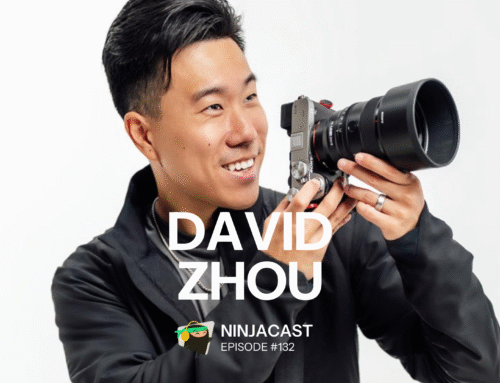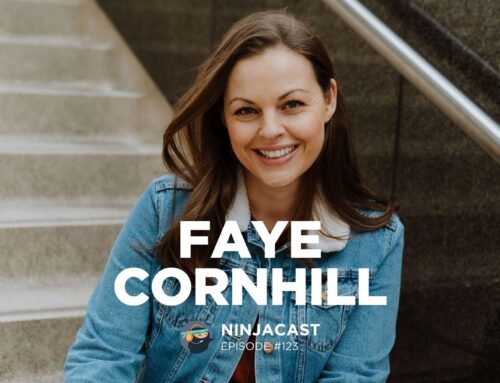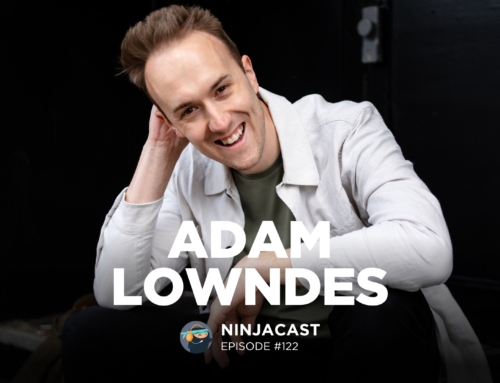085: Chloe Mary – How To Embrace Black & White Images In Your Galleries + How To Be An Adaptive Photographer
January 10, 2023
“Listen to your gut & remember YOU are your USP.”
CHLOE MARY
Hey everyone! It’s Sally here, from Studio Ninja. Today’s episode is all about Chloe Mary.
The self confessed ‘Queen of Monochrome’, Chloe Mary is a non-traditional wedding photographer who captures modern love stories with a documentary approach. She’s a teller of stories, a chaser of light, a breaker of rules and a lover of the non-traditional. Capturing weddings in a non-intrusive style and stripping back the concept of wedding photography to make it more about the people in the images rather than the technicality of it all. Having fallen into the world of wedding photography, Chloe is a full-time, self taught photographer who prefers to embrace the raw, real and rad moments at weddings over spending hours on posed photos.
Check out some of the biggest points from Chloe’s interview below:
How can our listeners embrace Black & White images in their galleries?
So funny, because I was kind of thinking, like you said. A lot of photographers are really keen to shy away from black and white work because they think it’s less desirable for their clients, or it’s not as marketable. And if you want to go off of Instagram stats, sometimes no, it’s not. It’s just the aim of the game sometimes.
But the saying of showing what you want to shoot really is true, especially when it comes to black and white work. Because if you want to capture more of it, you need to show people that you are capturing it in the first place. And I think the more you kind of show it, the more desirable it’s going to become to your audience, and the more they’re going to accept it as something that you do. A lot of people who inquire with me tell me that they love my black and white work, and other photographers like yourself always come to me and say, “Your black white work is beautiful,” and I kind of don’t get it. But I love it, so I just do it.
It’s hard to describe, but I think it really can help with finding your ideal client, if you’re putting out there what you love into the world, it’s going to come back as people are going to actually want it. And I think just, it’s more of a mindset with black and white work, when you take the photo you kind of start to feel if you know it’s going to be in black and white. Or at least I do, I don’t know how that happened. It just does.
And I think that’s the thing. It is definitely a mindset, and it’s just pushing that mindset a little bit further. So for me, it’s normally emotional photos or storytelling images. I think when they’re in colour they can almost become distracting, because the colors are clashing or there’s too much going on. And especially with documentary photography, because there’s so much, sometimes, background information. You kind of want to isolate the subject almost, and black and white can do that. I’m not sure how, it just does.
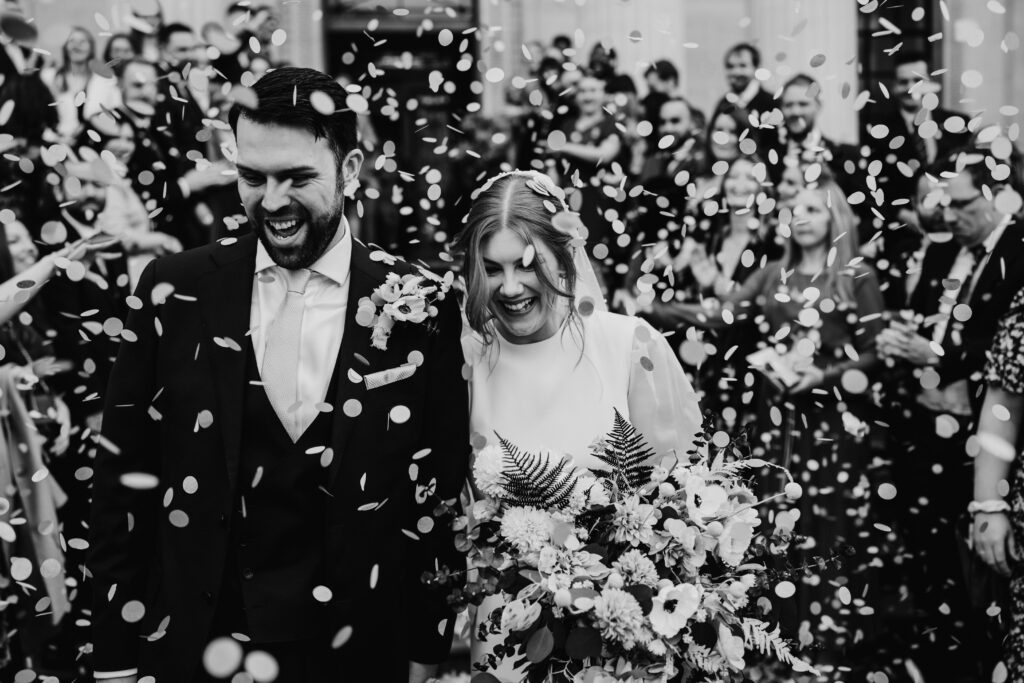
How can photographers establish themselves in a saturated market?
It’s no secret that the market is becoming saturated, as time goes on. And I kind of can’t blame people. It is an amazing job and people do see that from the outside, whether they kind of see it as more of, it’s a creative path for them to put their passion into because they’re creative people, or unfortunately there are some people who are just in it for the money. But I don’t blame them. It’s a good paying job.
But I think the number one piece of advice is to just stay true to yourself, and stay true to what you want to offer as a business. Whether you’re just coming in, or if you are years-years deep. There’s a lot of courses now and mentoring out there that is offered to new photographers, with the promise of giving you everything you need to become a fully fledged wedding photographer. And whilst those courses are great, I don’t think you should take everything you see as gospel. I’ve done a few of the things along my career, and even recently just gone, I’ve been to a conference back in November that was for educational purposes and stuff. But a lot of what you are given is useful takeaways and actions and things to implement, but it is just that. It’s ideas for actions. If you’re not willing to put the work in, it’s not going to come back to you.
I think you need to try and figure out what you want to offer and what’s going to make you stand out from a saturated market. Because for example, if you’re offering the exact same style of photography and the exact same prices as 10 photographers in your area, the only thing that’s going to differ between you and your businesses are you as people. And unless you’re kind of putting that out there, it’s very hard for clients to see that on a first glance, and they will go with somebody who has put themselves a little bit more out there than what you have, if that makes sense.
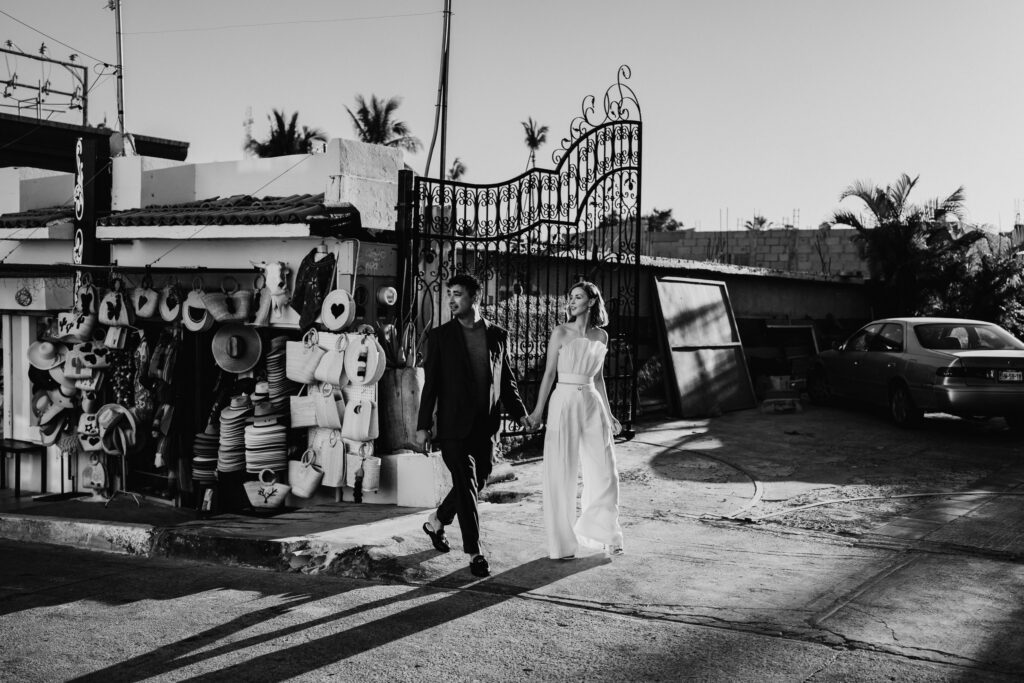
If you could add one final piece of advice, something that’s made a difference in your personal life or your business life, what would that piece of advice be?
Listen to your gut. I was told quite early on that putting the more alternative side of me out there would scare off clients, and probably impact my bookings. And yeah, sure, it did. But it also helped me then understand the kind of clients I did want to work with, and then bringing them in, and them understanding what I do and getting what I do and being able to give them what they wanted.
As I said earlier, you are your unique selling point. Everything I’ve said during this podcast as well, don’t take it as gospel. And whilst there are things that you can implement and do, it might help you, it also might not help you. Your path is going to be different to everybody else’s path. I think, take what you think will work for you, and leave everything else behind. And that especially comes from if you’re going down educational routes and stuff like that, everything they say to you is not going to be gospel, and it’s not going to work for you.
Don’t be afraid of hard work. It’s not easy but it becomes the most fulfilling job, once you’ve delivered that gallery and your client loves their photos, and you’re like, “This is why I do what I do.”
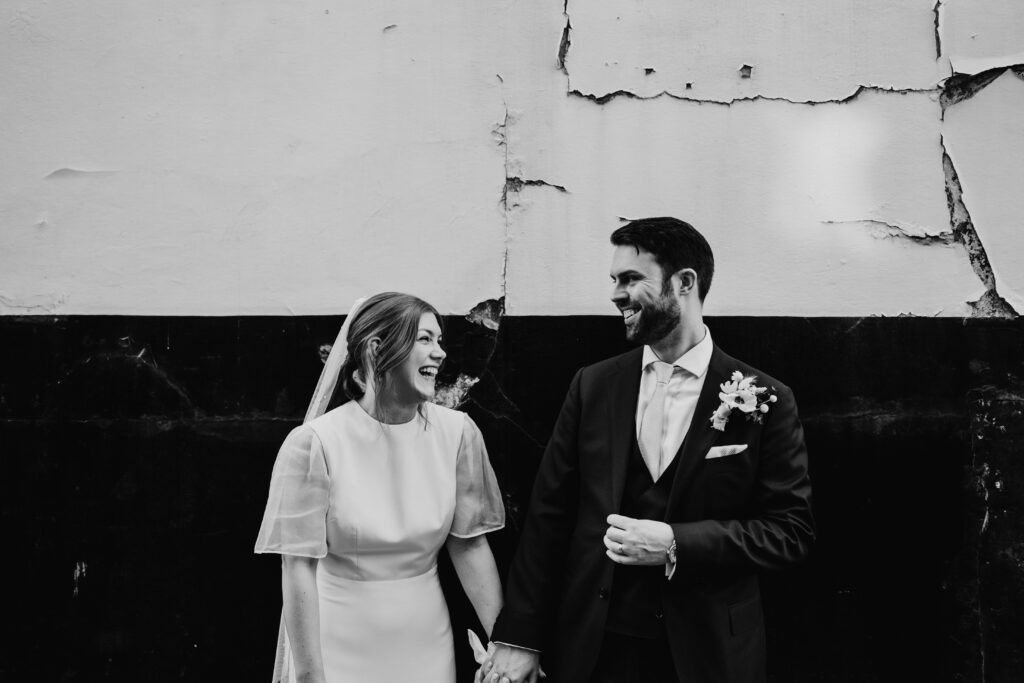
Thank you!
Thanks again to you all for joining us and a huge thanks to Chloe for joining us on the show!
If you have any suggestions, comments or questions about this episode, please be sure to leave them below in the comment section of this post, and if you liked the episode, please share it using the social media buttons you see at the bottom of the post!
That’s it for me this week, I hope you all enjoyed this episode.
See you soon,
Sally
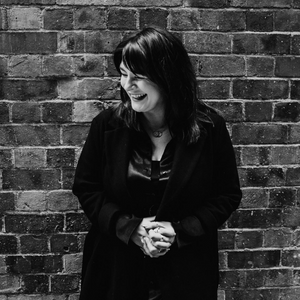
About Chloe Mary
The self confessed ‘Queen of Monochrome’, Chloe Mary is a non-traditional wedding photographer who captures modern love stories with a documentary approach. She’s a teller of stories, a chaser of light, a breaker of rules and a lover of the non-traditional. Capturing weddings in a non-intrusive style and stripping back the concept of wedding photography to make it more about the people in the images rather than the technicality of it all. Having fallen into the world of wedding photography, Chloe is a full-time, self taught photographer who prefers to embrace the raw, real and rad moments at weddings over spending hours on posed photos.


